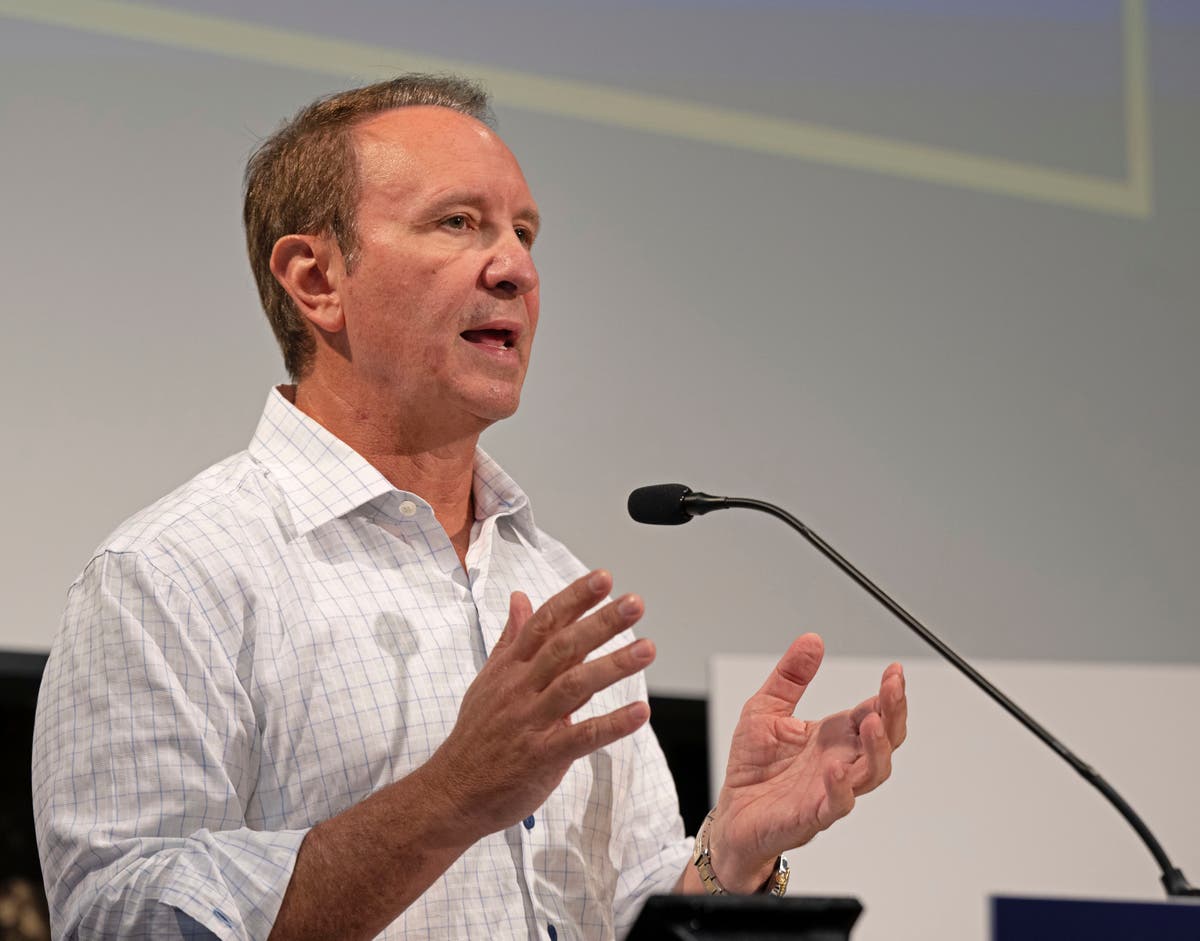martybegan
Diamond Member
- Apr 5, 2010
- 82,224
- 33,688
The governor knows that being sued by liberals would be a dream come true. It would increase his popularity. I bet they sue anyway.
---Louisiana governor ‘can’t wait to be sued’ after forcing the Ten Commandments in classrooms---

Louisiana governor ‘can’t wait to be sued’ after forcing Ten Commandments in schools
Louisiana is now the first state in the US to force public schools to post the Ten Commandmentswww.independent.co.uk
If Republicans actually had any spine, I would see this as the first shot in getting the Pride stuff out of Public Schools.
Get the 10 commandments rejected, and then posit that Pride events are basically religious instruction without the religion.




